A*STAR Institute of Chemical and Engineering Sciences

During my 22 weeks internship, from 08 March to 06 August 2021, I worked as an assistant R&D engineer at the Institute of Chemical and Engineering Sciences under A*STAR. I was involved in the Catalytic conversion of CO2 to value-added products project. Overall, this internship has taught me many valuable lessons and allowed me to gain a deeper understanding of what it takes to be a researcher.
I was given the opportunity to be a co-author of a research article.


My main task was to conduct diffuse reflectance Fourier-transform infrared spectrometry (DRIFTS) experiments on various catalysts using a Fourier-transform infrared spectrometer. DRIFTS is a technique used by researchers to observe the transition of reaction occurring on the surface of the catalyst. Two finalised procedures, stepwise and mixed gas, were formed and followed. After each experiment, the experimental data was collected, analysed, and synthesised using Microsoft Excel and Origin. Each peak on the spectra represented either a product or intermediate species formed during the reaction. A reference table was used to identify the peaks by the species they represent based on the wavelength they appeared at. The gradual changes between the peaks on the spectra plotted indicated the various transformation of reactions occurring. Data analysis was an important step as it helps our team to interpret the data obtained and match it with the catalyst used. This will give us a better understanding of the catalyst and how to improve the experimental results for future experiments.

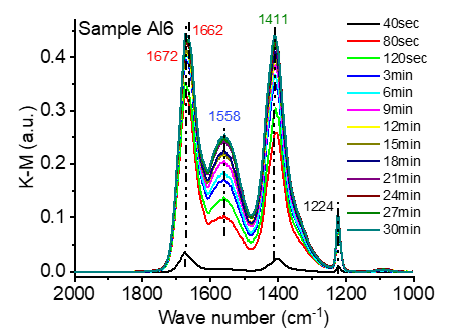
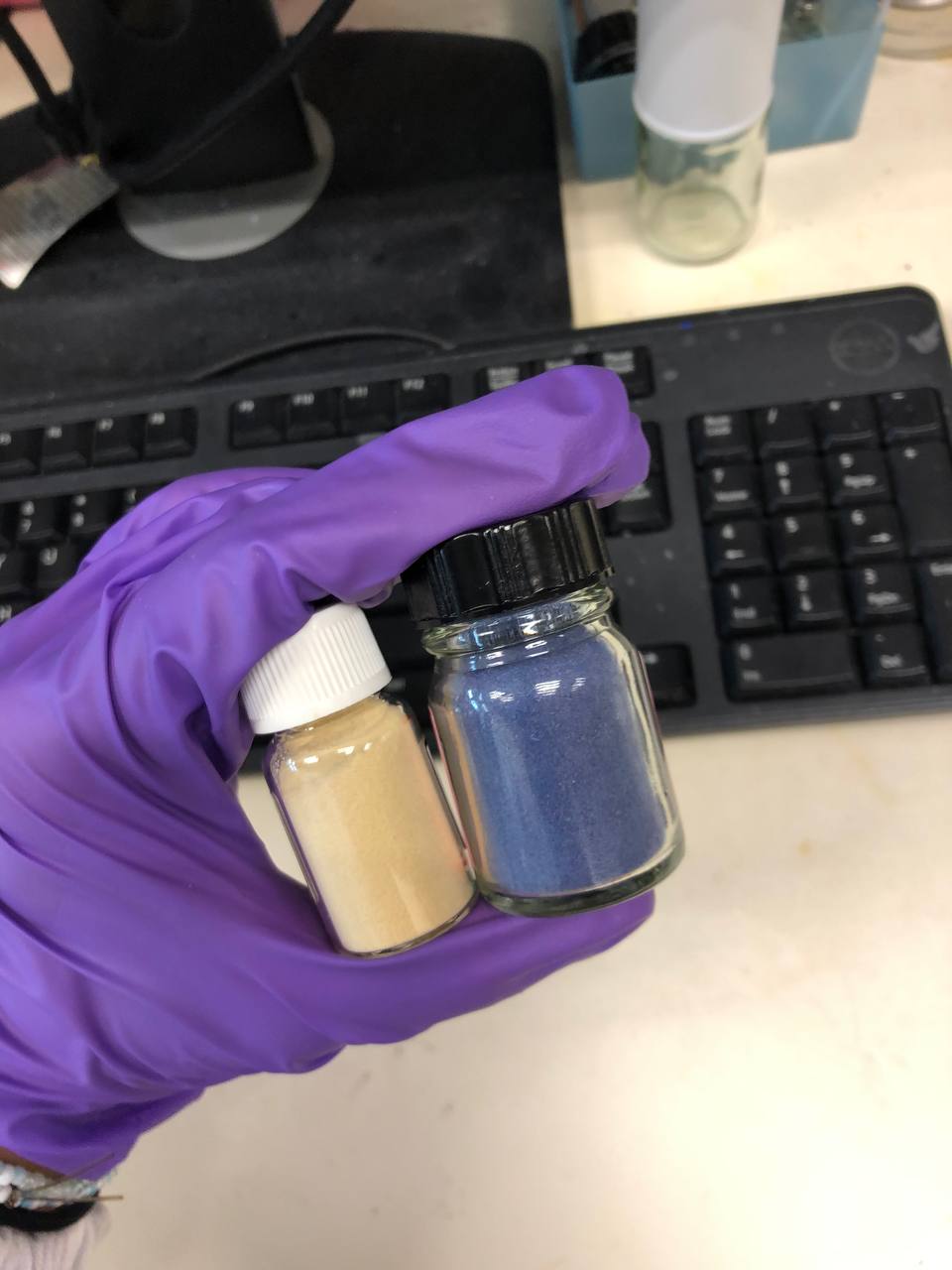
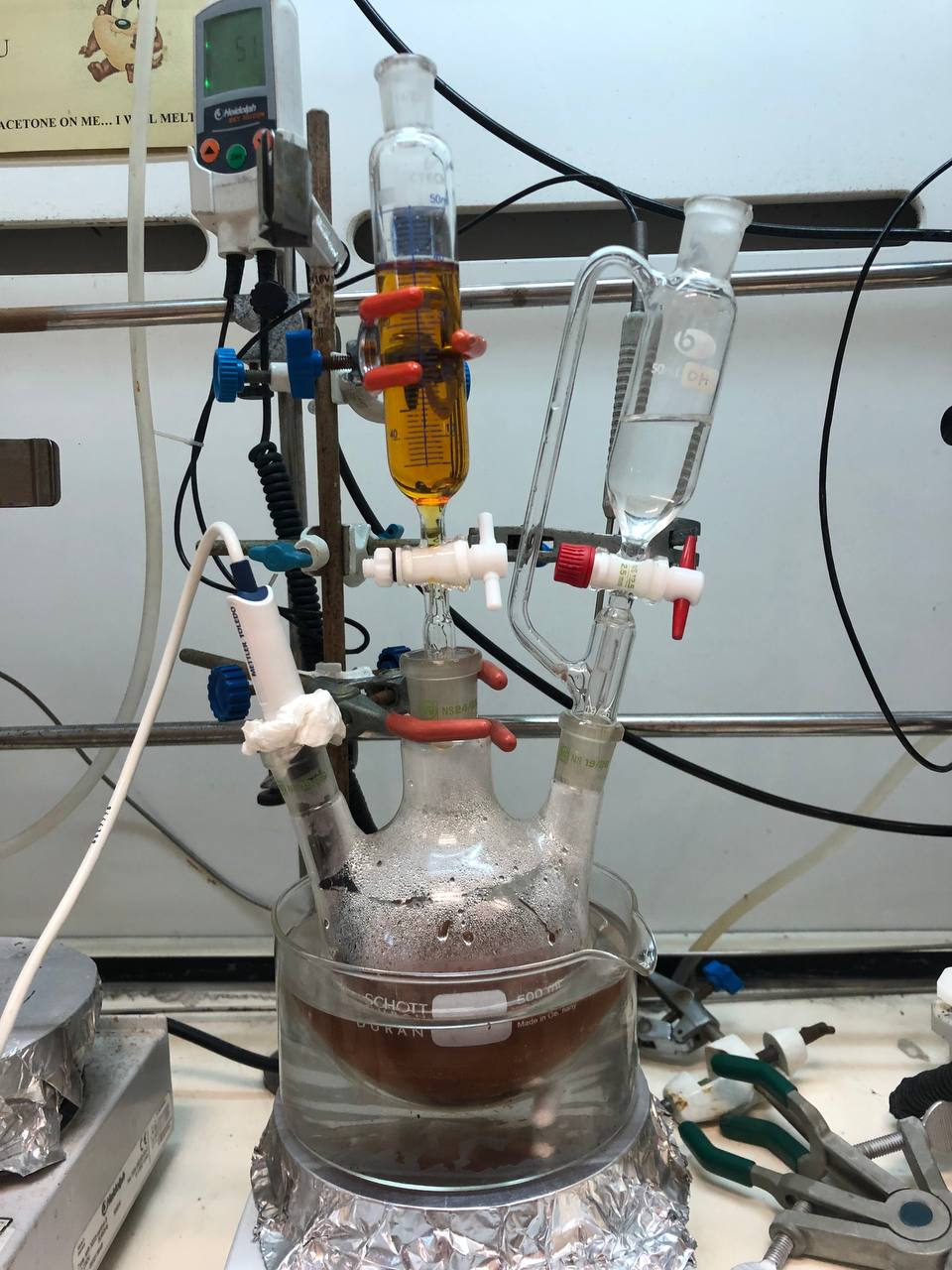
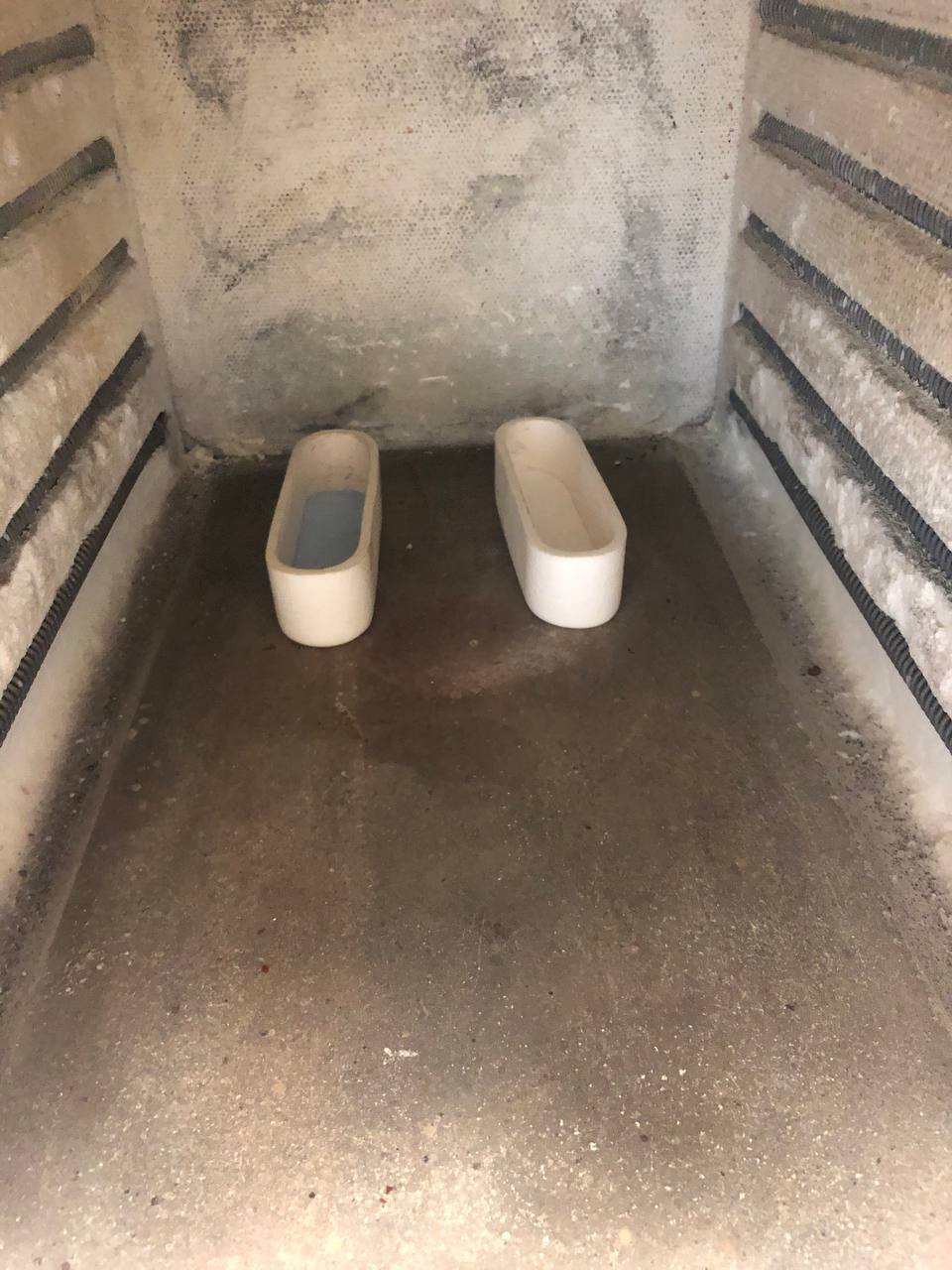
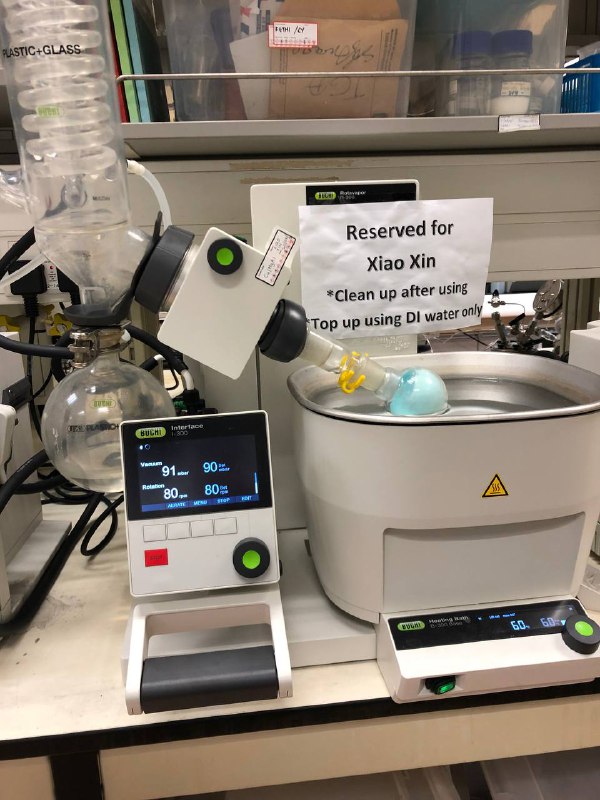

I was also tasked to handle various instruments to assist in the preparation of catalysts. I learned three preparation techniques, impregnation, precipitation and hydrothermal. The catalysts were then collected depending on the amount formed. The collection process involved the use of instruments such as a rotary evaporator and centrifuge. Once the catalysts were obtained, I was assigned to test its' performance based on its' selectivity, activity and stability. This process involved the use of a fixed bed reactor and a gas chromatography instrument. The chemical composition of the catalyst was also tested using various instruments, such as a transmission electron microscope (TEM), to determine the purity of the catalyst.
Before obtaining the finalised procedure for DRIFTS, our team was met with many failed experiments. This showed me that in research, one is bound to encounter more failures than success. Therefore, it was important to always learn from such failures and to always look for new ways to improve. With patience and passion, one can stay calm throughout this long process of finding different and unique innovations to solve problems that will improve many lives.. Like researchers, as biomedical engineers, we are also taught to be problem-solvers to help improve the healthcare industry to better the lives of many.
As I juggle between conducting DRIFTS experiments and preparing samples, I learned the importance of time management. To finish the given task before the end of the week, I had to take charge of my schedule and ensure not to waste any time. We are thought as engineers of the importance of efficiency. The energy and time saved from not doing repetitive tasks can be used doing other tasks. To practice efficiency, I created templates for plotting the DRIFTS spectra. After setting up the templates, I was able to be more productive in my work and plotting spectra were a lot more convenient.
As I worked with my lab partner, Xiao Xin, I was able to understand the importance of teamwork. Although I was just an intern, Xiao Xin was always very supportive of my ideas and inputs to the experiment. This made me realise the importance of being open-minded to others’ opinions and having mutual respect for my teammates. Teamwork was something that I also picked up in school. Through group projects, I learned the importance of effective communication with my teammates. At work, I was able to observe effective communication between the other scientists and Xiao Xin. As I explained my confusion or provided any suggestions, Xiao Xin would always be listening attentively. Likewise, when Xiao Xin was explaining something to me or sharing his ideas, I would always be taking done notes and clarifying with him at the end. Therefore, both our views and opinions were being listened to and taken into consideration when finding new ways to improve the project. Instead of one brain thinking it was two. I was also able to practice teamwork as most of the tasks done in the lab and plotting the experiment data were divided between Xiao Xin and I. When faced with problems, Xiao Xin and I would always brainstorm together to find the best way to tackle the problem. Teamwork is an essential skill to have as I am bound to meet and work with others in both school and work in the future.
In conclusion, this internship has been a very fruitful one filled with many first-hand experiences. Through this work experience, I was able to develop communication, problem-solving, time-management skills as well as build teamwork and resilience. These lessons are so valuable and cannot be taught using textbooks. As I continue my studies and enter the working world, I will apply the many valuable lessons I have gained throughout the past 22 weeks.